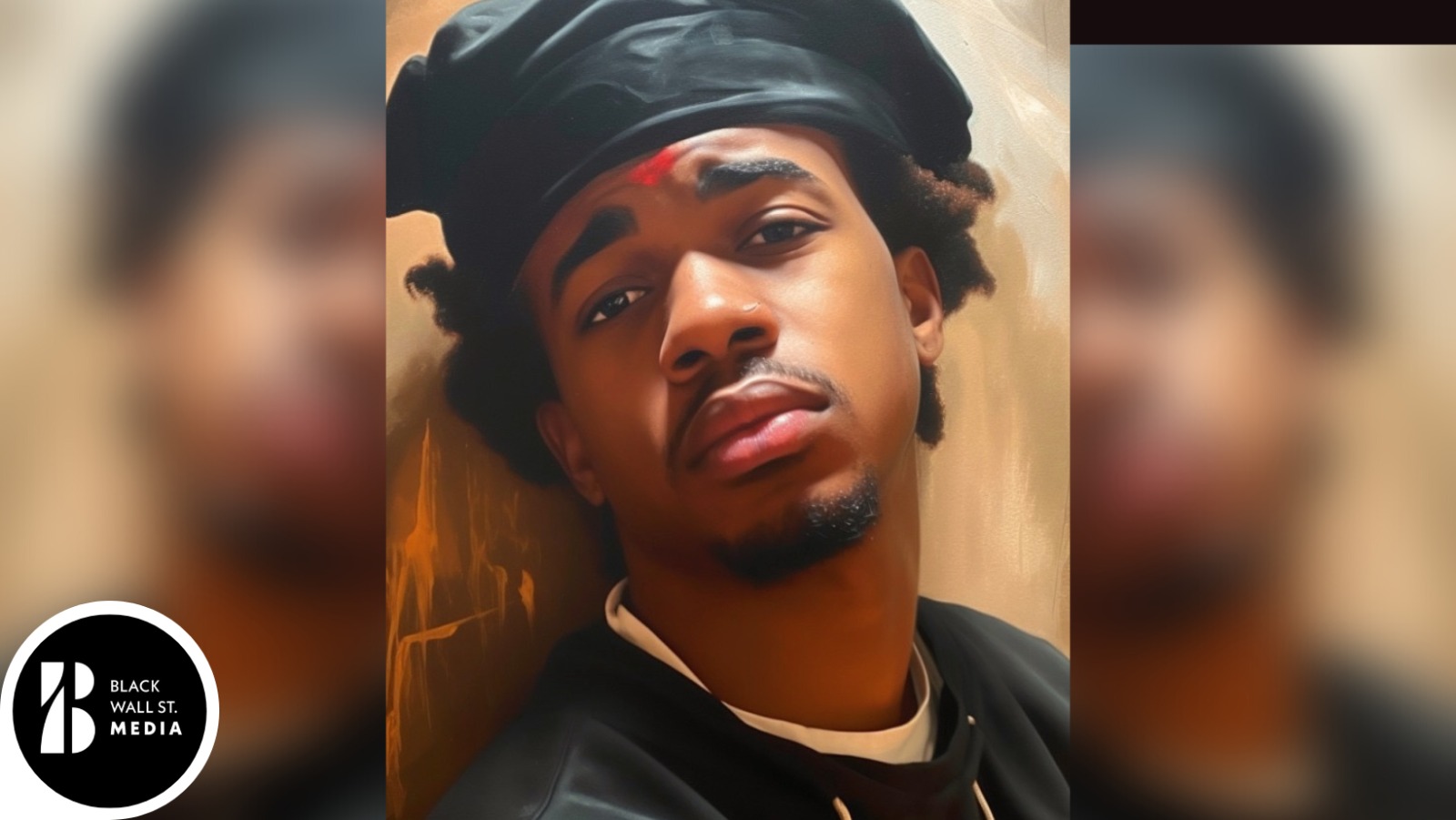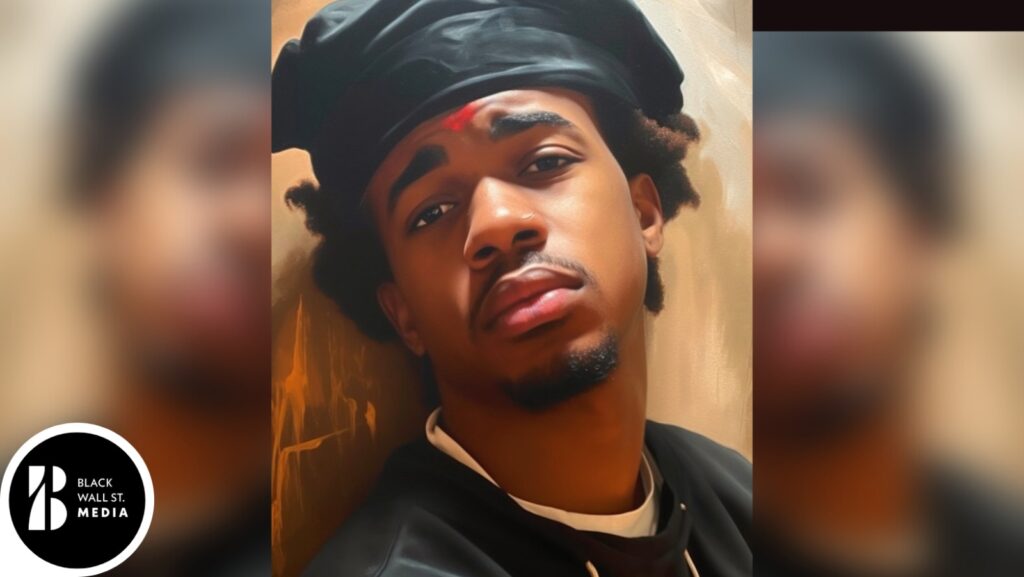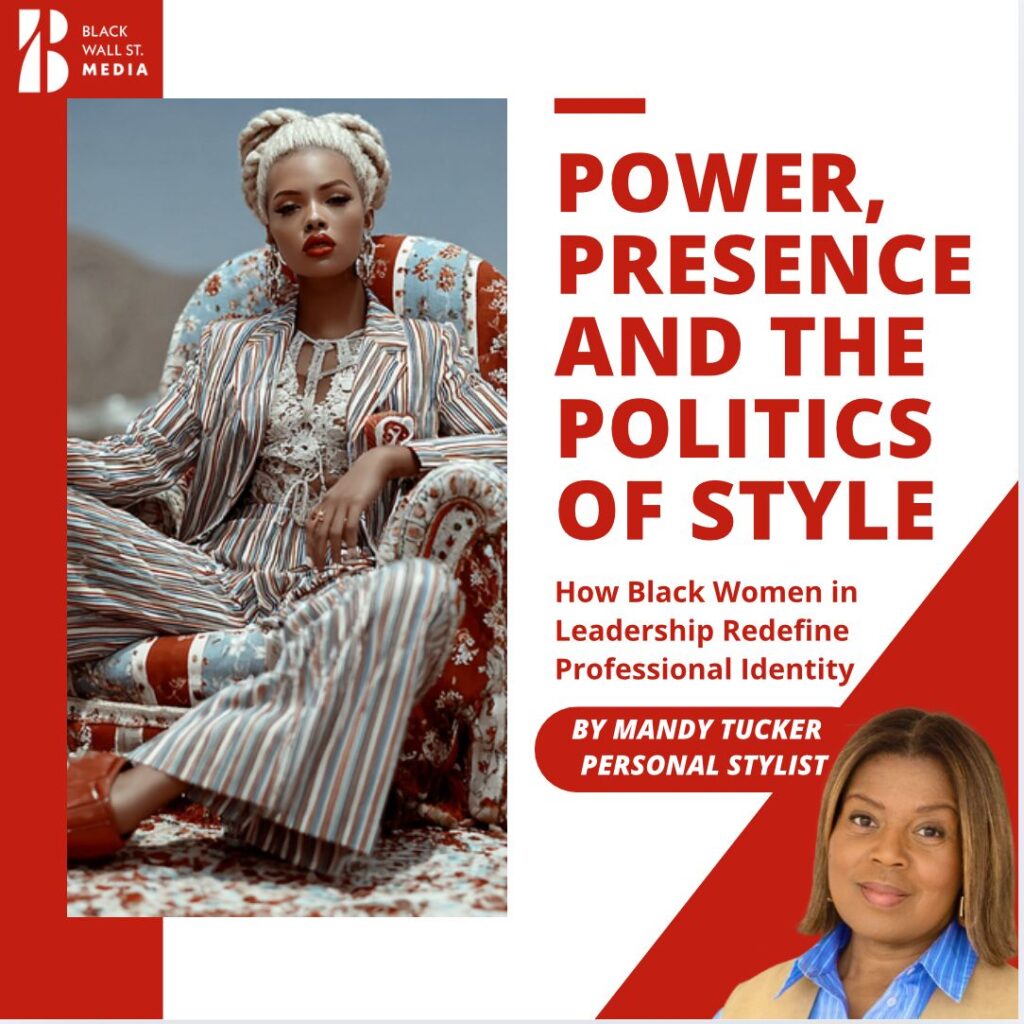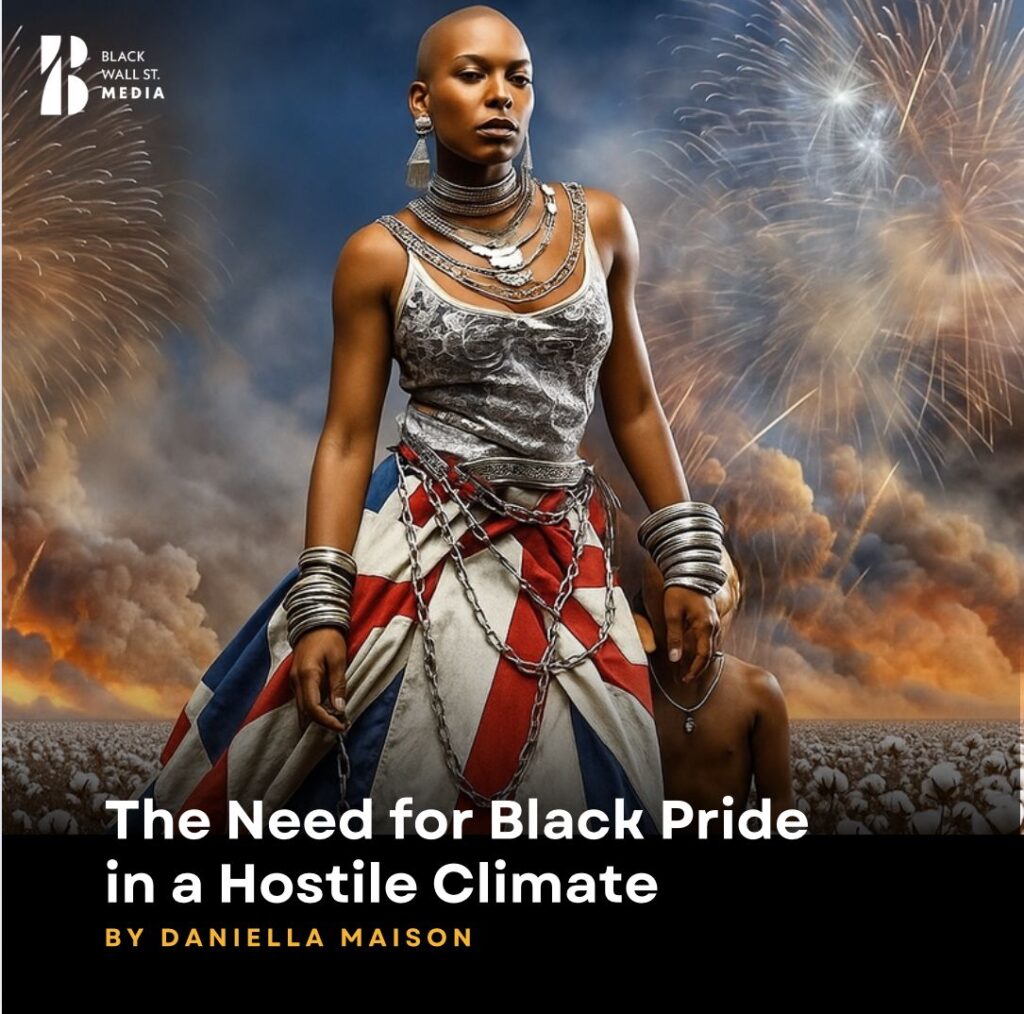Racial trauma is a term that has gained more prominence in recent years as more people have become aware of the ongoing harm caused by racism.
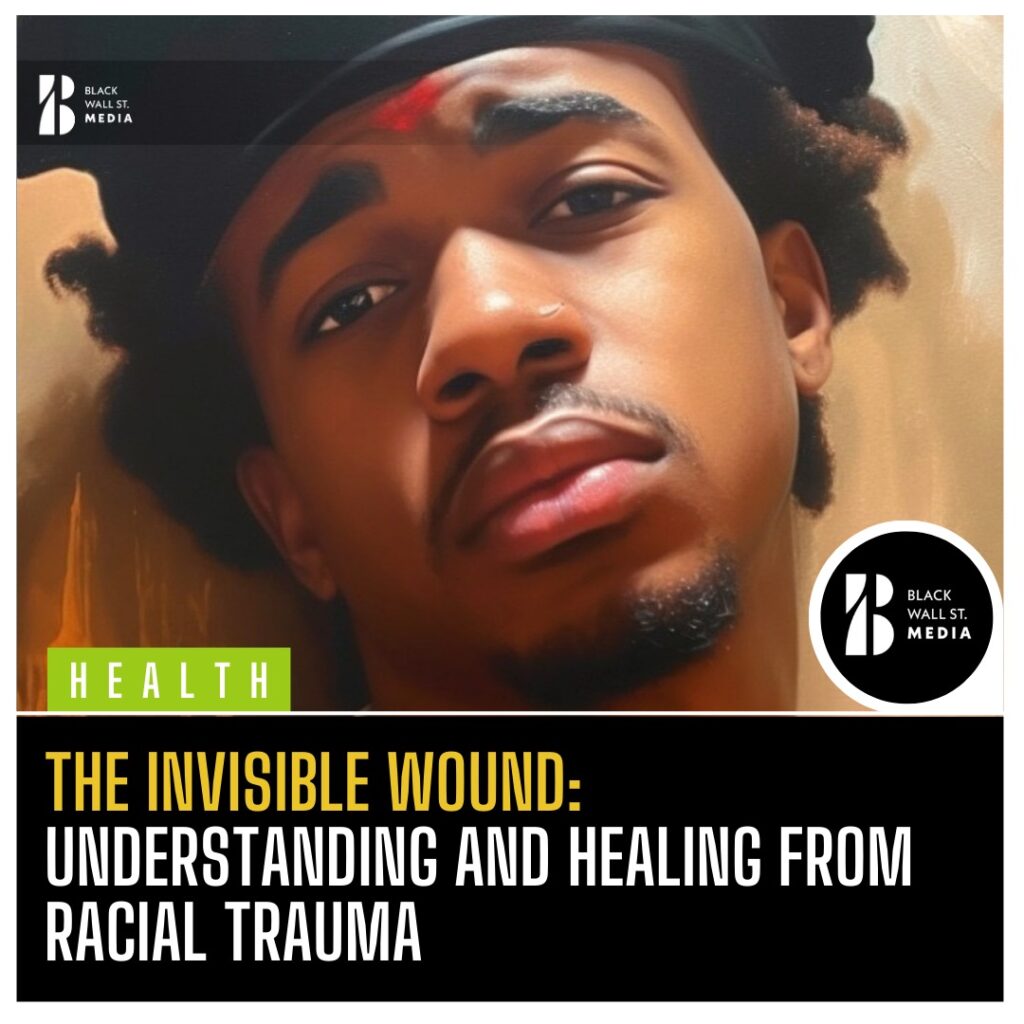 Racial trauma refers to the psychological and emotional damage that people of color experience as a result of systemic racism and discrimination.
Racial trauma refers to the psychological and emotional damage that people of color experience as a result of systemic racism and discrimination.
If you’re experiencing racial trauma, you may be feeling a range of emotions, including fear, anger, and helplessness.
But how do you know if you’re experiencing racial trauma? And what can you do to heal from it?

Here are some signs you could be suffering from racial trauma – and tools for healing, according to therapists.
1. You Feel Constant Anxiety or Fear
2. One of the most common symptoms of racial trauma is constant anxiety or fear. This could be fear of being targeted by law enforcement, fear of being discriminated against at work, or fear of being attacked because of your race.
If you feel like you’re constantly on edge and can’t relax, you may be experiencing racial trauma.
Tools for Healing: Therapy can be helpful in addressing anxiety and fear related to racial trauma.
Additionally, self-care practices such as meditation, deep breathing, and exercise can help reduce anxiety.
1. You’re Constantly Experiencing Micro-aggressions
2. Microaggressions are small, subtle actions or comments that convey prejudice or discrimination.
Examples of micro-aggressions include:
- being followed around in a store,
- being told you’re “articulate” for a person of your race,
- or being asked where you’re really from.
If you’re constantly experiencing microaggressions, you may be experiencing racial trauma.
Tools for Healing: It can be helpful to speak with a therapist who understands racial trauma and can help you process your experiences. Additionally, it’s important to find safe spaces where you can connect with others who have had similar experiences.
1. You’re Struggling with Depression or PTSD
2. Racial trauma can lead to a range of mental health issues, including depression and post-traumatic stress disorder (PTSD). If you’re experiencing symptoms such as sadness, hopelessness, or flashbacks related to traumatic events, you may be experiencing racial trauma.
Tools for Healing: Therapy can be helpful in addressing depression and PTSD related to racial trauma. Additionally, self-care practices such as journaling, mindfulness, and spending time in nature can help improve mental health.
1. You Feel Disconnected from Your Culture
2. Racial trauma can cause people to feel disconnected from their culture and community. This can be especially challenging if you don’t have a strong support system. If you feel like you don’t belong in your community or don’t feel connected to your culture, you may be experiencing racial trauma.
Tools for Healing: It can be helpful to connect with others who share your cultural background and to find ways to celebrate your heritage.
This could include attending cultural events, participating in cultural practices, or connecting with cultural organizations in your area.
1. You’re Feeling Hopeless About the Future
2. Racial trauma can cause people to feel like change is impossible and that the future is bleak. If you’re feeling hopeless about the future or feel like things will never get better, you may be experiencing racial trauma.
Tools for Healing: It’s important to remember that change is possible and that progress has been made in the fight against racism. Surrounding yourself with people who are actively working to create change and engaging in activism can help inspire hope.
In conclusion, racial trauma is a serious issue that can have long-lasting effects on mental health and well-being. If you’re experiencing racial trauma, it’s important to seek help from a qualified therapist who can help you process your experiences and develop coping strategies.
Additionally, engaging in self-care practices, connecting with others who share your experiences, and engaging in activism can help you heal and move forward. Remember, healing is possible.

Here are five Black-led UK organizations that provide support and resources for Black people experiencing racial trauma:
- Black Minds Matter UK – A charity that provides free mental health services to Black people in the UK.
- The Black, African and Asian Therapy Network – A directory of Black, African, and Asian therapists in the UK who provide culturally sensitive therapy.
- Black Thrive – A partnership between communities, statutory organisations, and voluntary and private sector groups that works to address the inequalities that lead to poor mental health outcomes for Black people in Lambeth, South London.
- Sistah Space – A non-profit organisation that provides domestic abuse support services for African and Caribbean heritage women and girls.
- Stephen Lawrence Charitable Trust – A charity that provides opportunities and support for young people from disadvantaged backgrounds, with a particular focus on Black and ethnic minority communities. They offer a range of programs and services, including mentoring, workshops, and career development opportunities.

